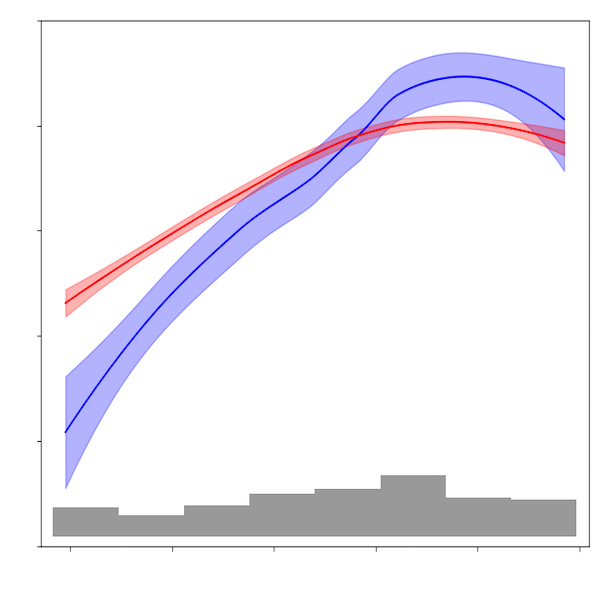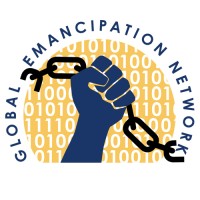Publications
Understanding Systematic Miscalibration in Machine Learning Classifiers
Markelle Kelly and Padhraic Smyth
IEEE Visualization Conference, Workshop on TRust and EXpertise in Visualization (TREX), 2022
[pdf]
[code]
Variable-Based Calibration for Machine Learning Classifiers
Markelle Kelly and Padhraic Smyth
37th AAAI Conference on Artificial Intelligence (AAAI), 2023
[pdf]
[code]
Capturing Humans' Mental Models of AI: An Item Response Theory Approach
Markelle Kelly, Aakriti Kumar, Padhraic Smyth, and Mark Steyvers
ACM Conference on Fairness, Accountability, and Transparency (FAccT), 2023
[pdf]
[code]
Perceptions of Linguistic Uncertainty by Language Models and Humans
Catarina Belem*, Markelle Kelly*, Sameer Singh, and Padhraic Smyth
Conference on Empirical Methods in Natural Language Processing (EMNLP), 2024
[pdf]
[code]
Benchmark Data Repositories for Better Benchmarking
Rachel Longjohn*, Markelle Kelly*, Sameer Singh, and Padhraic Smyth
Conference on Neural Information Processing Systems (NeurIPS), Datasets and Benchmarks Track, 2024
[pdf]
Understanding Gender Bias in AI-Generated Product Descriptions
Markelle Kelly, Mohammad Tahaei, Padhraic Smyth, and Lauren Wilcox
ACM Conference on Fairness, Accountability, and Transparency (FAccT), 2025
[pdf]
Bayesian Consensus Prediction for Correlated Human Experts and Classifiers
Markelle Kelly, Alex Boyd, Sam Showalter, Padhraic Smyth, Mark Steyvers
International Conference on Machine Learning (ICML), 2025
[pdf]
Current Projects

Improving Human-AI Collaboration
In collaboration with cognitive scientists, I am exploring the use of latent variable models to understand and facilitate interactions between humans and AI agents. This includes my recent work on a Bayesian framework for capturing and characterizing humans' mental models of AI. Additionally, I am currently developing algorithms for human-AI delegation, leveraging the unique strengths and weaknesses of individual humans and AI agents.

UCI Machine Learning Repository
I am working on the NSF-funded reinvention of the UCI Machine Learning Repository, headed by Dr. Sameer Singh, Dr. Padhraic Smyth, and Dr. Philip Papadopoulos. In particular, I am developing automatically-generated performance baselines for the repository's datasets. I also contribute to general design and functionality decisions, and serve as a repository curator and librarian, curating and maintaining our datasets and their metadata.
Past Projects

Variable-Based Calibration
Having discovered that traditional ML calibration metrics and visualization techniques can obscure systematic biases in model confidence scores, I developed calibration methodology that operates with respect to a particular variable. These variable-based calibration plots, metrics, and recalibration techniques can help reveal, characterize, and mitigate systematic over- and under-confidence of a model, improving its calibration and fairness.

COVID Awareness
As a member of the UCI Covid Awareness group, led by Dr. Vladimir Minin, I helped maintain a dashboard displaying up-to-date information on COVID tests, cases, hospitalizations, and deaths in California, with a focus on Orange County. This dashboard combined data from several sources and presented it to California residents in a simple, understandable manner.

Software Engineering at Project Jupyter
I worked for over two years as a software engineering intern for Project Jupyter, with a focus on JupyterLab, a web-based framework for interactive computing. Led by Dr. Brian Granger and Dr. Zach Sailer, I built two JupyterLab plugins that are now dependencies for multiple other projects, and developed methods for adding custom front ends to the Jupyter server. Along the way, I collaborated closely with other developers and UI/UX designers to conduct user testing and make design decisions. Cumulatively, my projects in JupyterLab development place me in the tool’s top 20 contributors of all time—work that both expanded existing computational software and enabled a range of scientific programming across disciplines.

Human Trafficking Detection with the Global Emancipation Network
I led a team with two other students, in collaboration with the Global Emancipation Network, to identify California businesses engaging in human trafficking. We scraped web data on illicit massage parlors and developed a novel model to predict their involvement in human trafficking. In April 2020, the model’s output was presented to the FBI, directly resulting in the investigation and subsequent raiding of multiple California human trafficking hubs. We also performed a case study regarding these parlors in San Luis Obispo County, culminating in a June 2020 report for the district attorney. This work set a precedent for similar endeavors in other states, including in Texas, Washington, and Michigan, thus enhancing our machine learning toolkit for the fight against human trafficking.

Understanding Co-Curricular Participation of Engineering Students
My undergraduate research included working with Dr. Chance Hoellwarth on an NSF-funded study on minority students in engineering. As a research assistant, I analyzed survey data, working to understand the factors that influence these students' participation in co-curricular activities. This work culminated in a proposal of action to increase diversity in these activities for Cal Poly’s College of Engineering, and an expanded study involving several other universities worldwide.